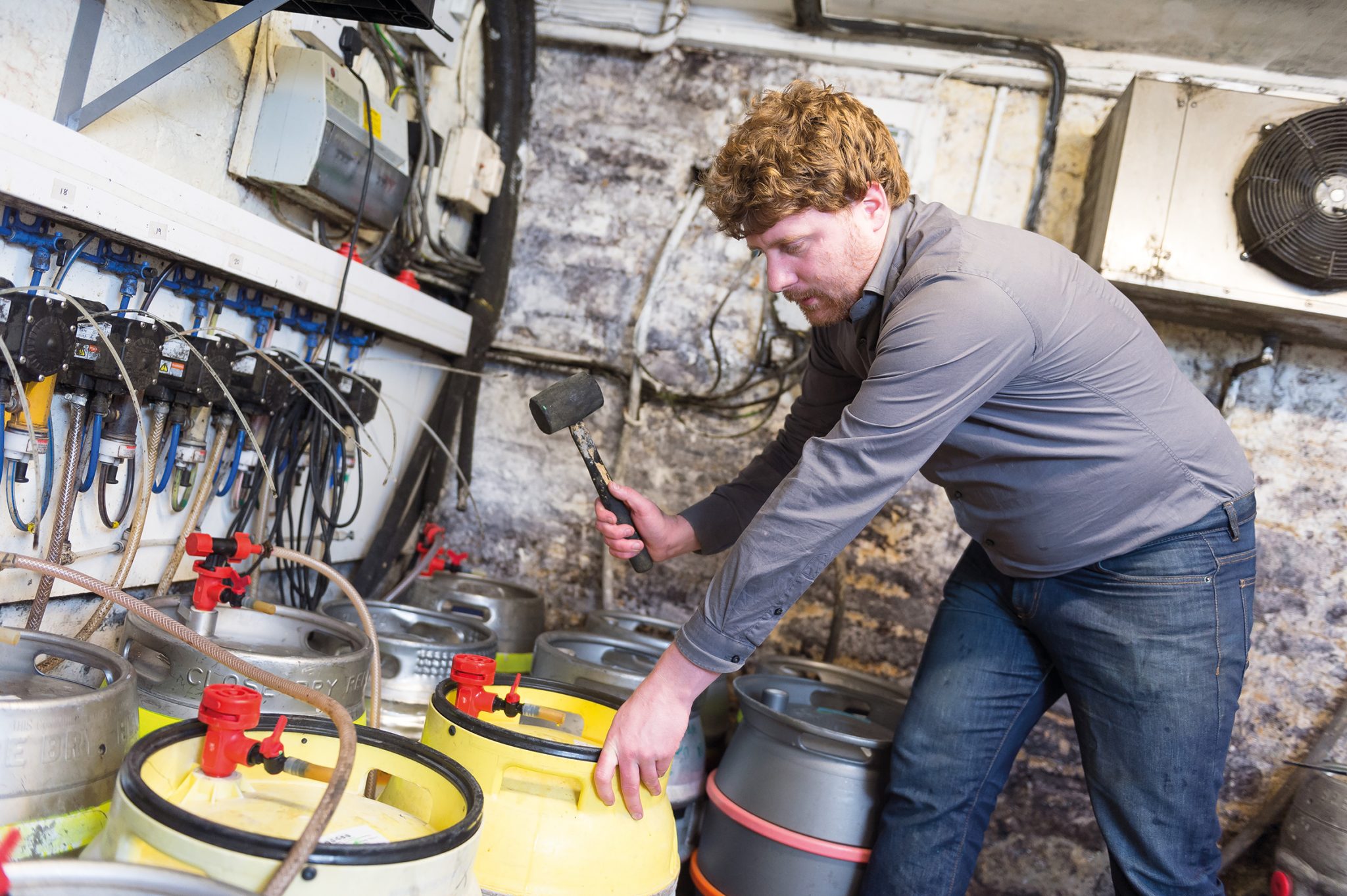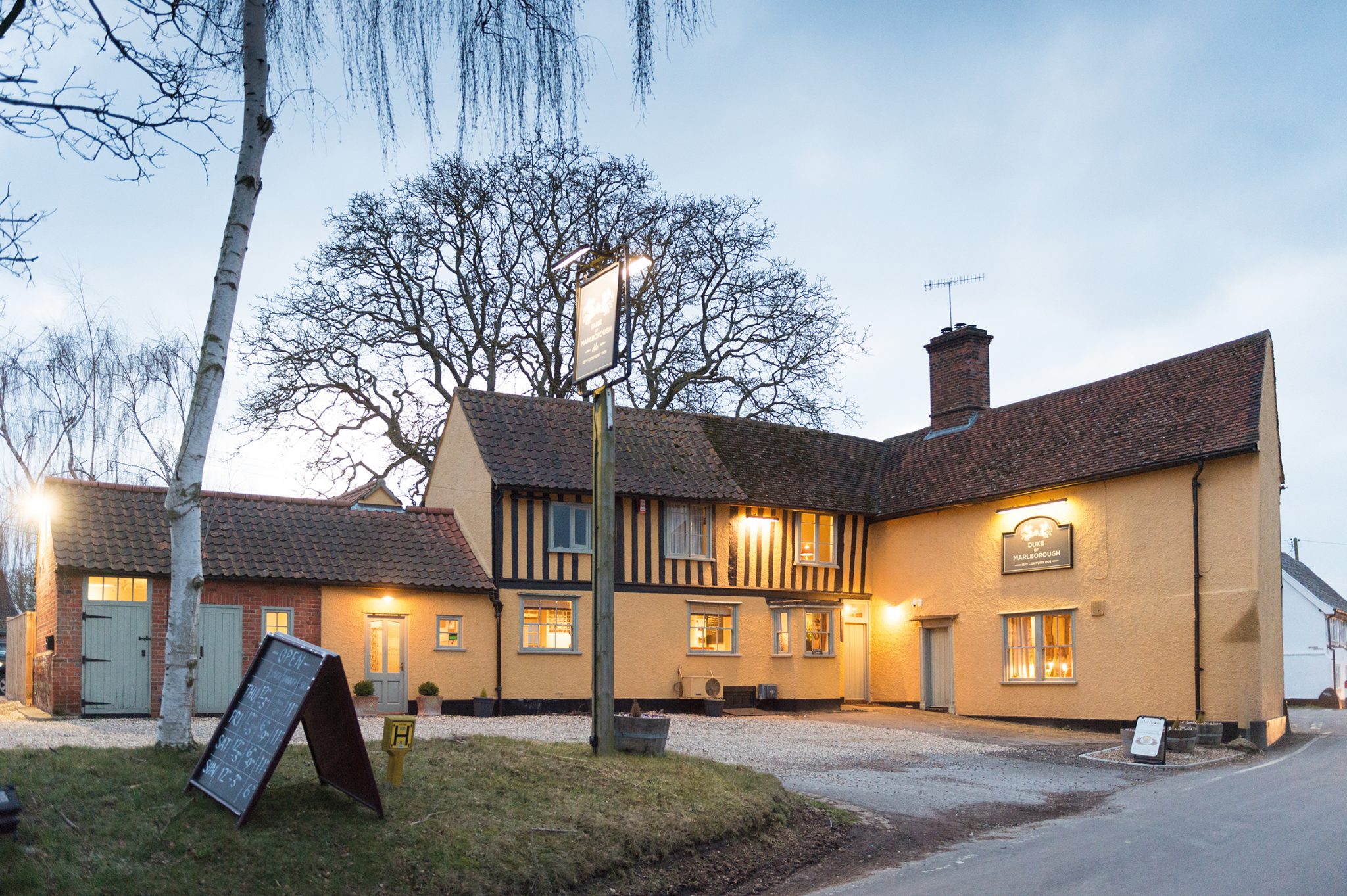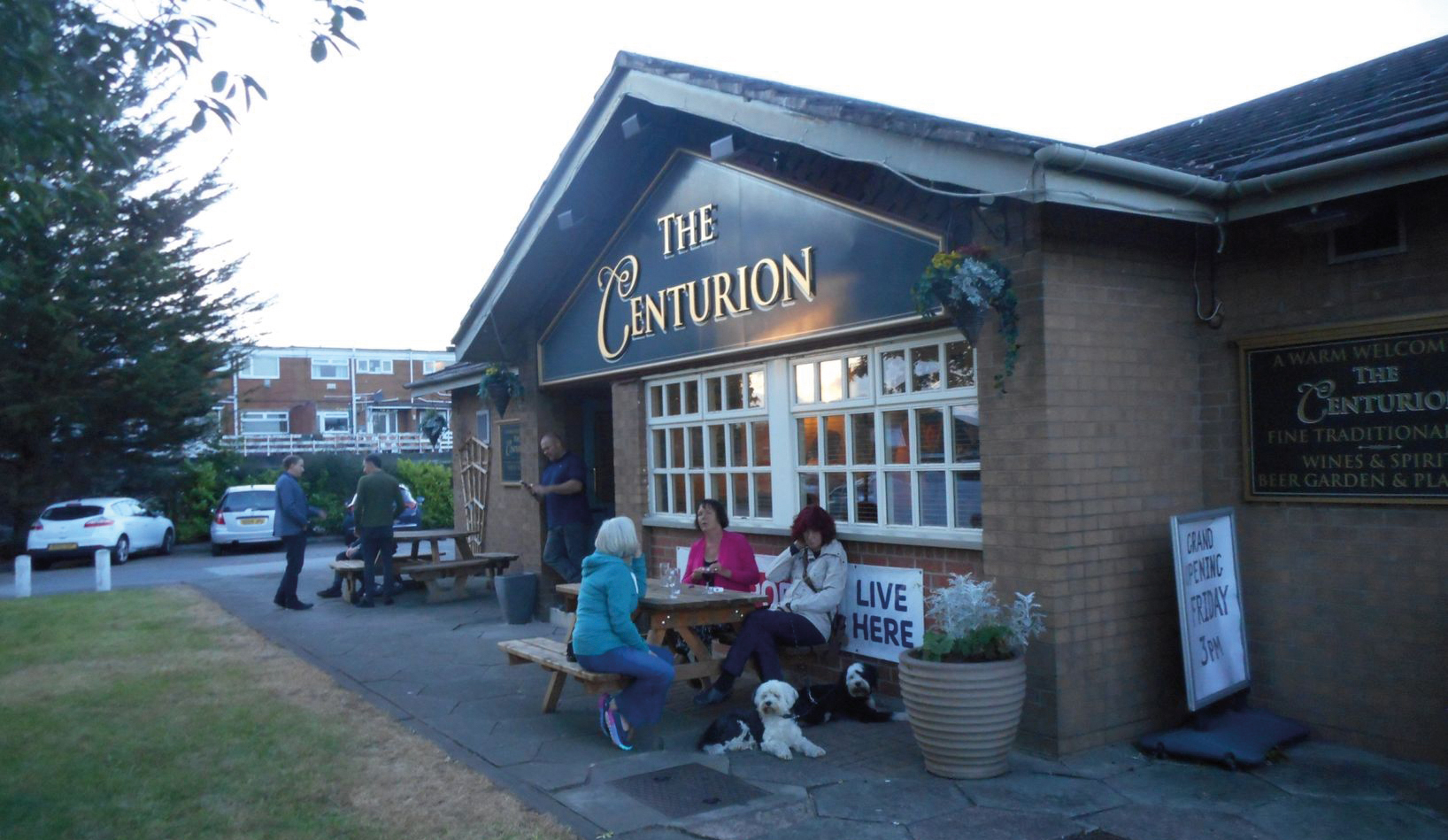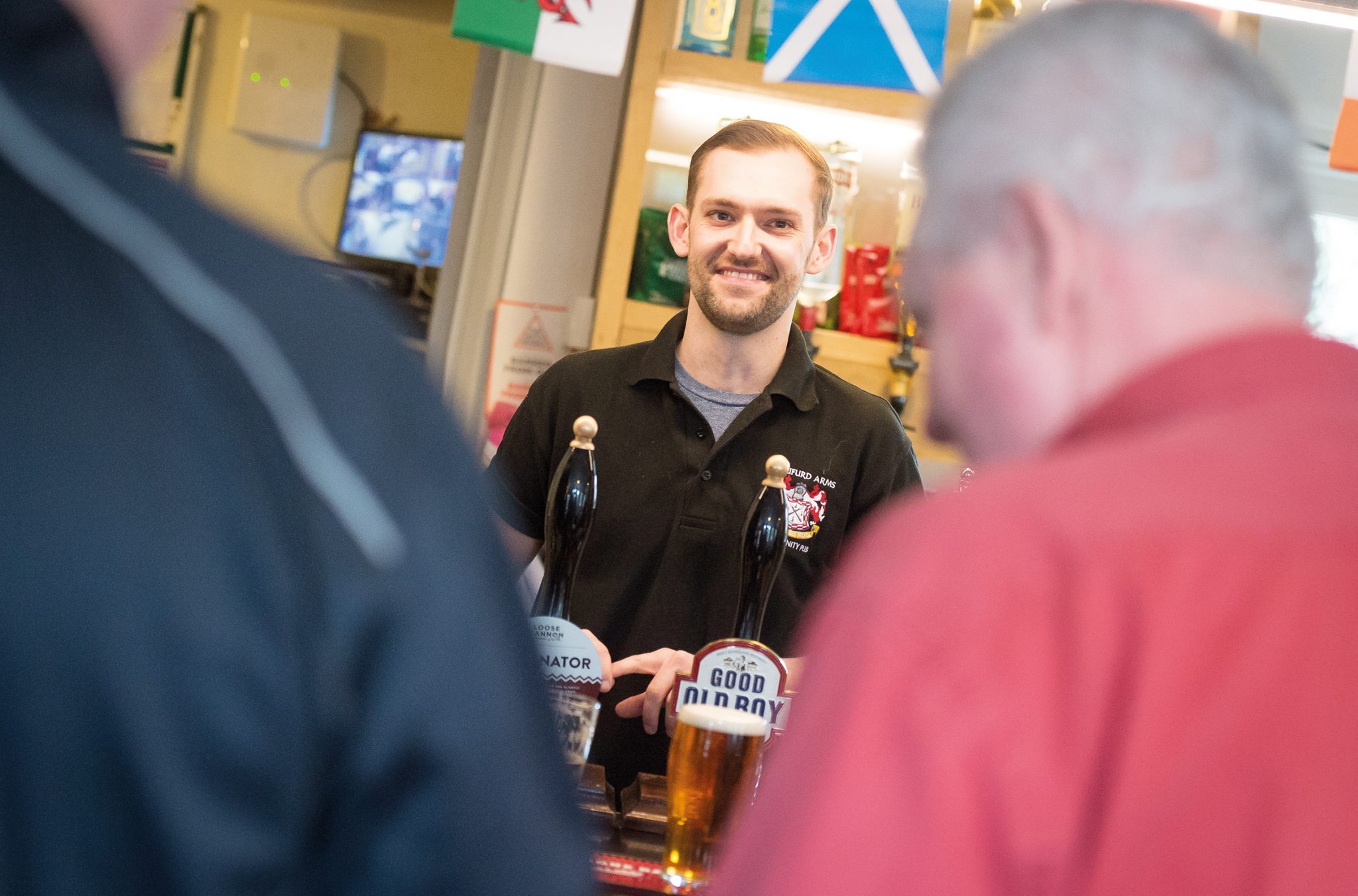Throughout Co-operatives Fortnight 2018, we’re sharing some of the brilliant stories from UK and international co-ops which show the #coopdifference in action: how, where and why co-operatives can make a difference to you and your communities.
The UK is now home to 60 community-owned pubs, with extra support for the sector arriving in the form of a new network offering advice, support and resources to help businesses set up.
The network will be run by the Plunkett Foundation, which supports rural community businesses, and funded by Power To Change, an independent trust for community business in England.
The sector also hosted its More Than A Pub conference in Sheffield on 26 June. And the £3.85m More Than A Pub programme, launched in March 2016 to provide advice and support to the sector, has been extended beyond its original two-year lifespan.
But what social impact is the sector having? Plunkett has carried out a series of case studies of how community pubs preserve valuable assets – often of historical significance – for communities and provide much-needed social hubs.
It says: “Co‑operative pubs are a great leveller – they bring people together of all ages, backgrounds, interests, and give them a purpose to interact. This can benefit new residents who want to meet their neighbours, young parents who feel isolated at home, teenagers seeking work and life experience, the retired seeking opportunities to remain active, and those who live alone or are carers and have no other way of meeting people.”
Pubs in the sector promote health and wellbeing in their communities, for instance by installing defibrillators, becoming fully accessible venues, running Pilates and fitness classes, or holding dementia and Alzheimer’s cafes.
They support those less well off through discounted luncheon clubs, putting on coaches for people from sheltered housing schemes, or funding unemployed volunteers to through hospitality qualifications.
And they can become local hubs by offering additional services such as a micro shop, café, post office and meeting room.

The case studies include the Gardeners Rest in Neepsend, Sheffield is a pub dating back to 1898 which was saved by a community share offer in 2016.
It supports artists by providing exhibition space and a venue for live music, offers space in the daytime for community groups to use, and creates work opportunities in the bar, the kitchen, the garden and the cellar for people who are disadvantaged in the labour market.
Plunkett’s case study says: “The Gardeners Rest is a place where individuals can come on their own and find safe company – business is steady but the pub rarely attracts crowds… People with learning disabilities and mental health issues use the pub regularly.
“Some members of the society have spent their working lives creating employment opportunities for people who are disadvantaged for health and social reasons, and they intend to extend the opportunities provided by the pub to give people employment in food preparation, cleaning and in bar work.”
It adds: “The employment and training opportunities will be offered to people who may never meet the person specification for any conventional job, but who are desperate to play a meaningful part in the world of work and have never been given the chance to do so.
“It is often unhelpful to put labels on people – their barriers to fulfilment increase when they don’t quite match up to the label – but the beneficiaries will include people with mild and moderate learning disabilities, people with mental health issues (such as depression, anxiety and bi-polar conditions), people with an autistic spectrum disorder, and essentially people who just don’t fit anywhere else.”
These work sessions are tailored to the individual, for instance with short, 2-3 hour shifts, training programmes and accreditation.
“Additionally, self-expression groups, led by artists, sport professionals, local historians and faith leaders will take place in the day-time when the pub is closed and sometimes in the evenings and weekends – being advertised as an important part of what the pub does.”

Another case study looks at the Duke of Marlborough, a 500-year-old, Grade II listed pub in Somersham, Suffolk, saved from the developer by the community pub movement last year.
Plunkett says the pub provides a venue to help loneliness and isolation – important in a rural village where some people live alone – and, like all traditional pubs, improves community cohesion and offers access to a range of activities, clubs and events.
Services include a luncheon club service for the elderly and disadvantaged, which “decreases isolation and ensures older people in the village are not lonely and/or neglected”, Wi-Fi, free advertising on notice boards, book exchanges, general advice on local trusted traders (such as plumbers, gardeners, electricians etc) and information on support groups.

The Centurion – the only pub in Vicar’s Cross, Chester – was saved by campaigners after its owner Admiral Taverns submitted plans to demolish the pub and construct a care home, in 2016.
Locals registered the pub as an Asset of Community Value and – after a long planning battle, including a public inquiry, with Admiral – it was reopened after a community fundraising effort.
Along the way, in an example of the network of support offered by the sector, the team took a study visit to the community-owned Dog Inn at Belthorn, Lancashire, to meet shareholder members and gain an insight into the business model.
The team works with the local tourist information centre to broaden its appeal to visitors, walkers and cyclists and provides a venue for birthday gatherings and christening parties, funeral wakes, coffee mornings, car boot sales, group training sessions and IT courses.
A number of local charities and associations, such as Age UK, the Scouts, football clubs and school PTAs use the pub on a regular basis for meetings and a small Spanish language group has been established.
Trevor Jones, a member of the management committee, said: “We always put on a huge number of monthly events including charity fundraisers, community bingo, Age UK Brightlife meetings (organised to tackle social isolation in the over 50s), parties for kids and family fun days.”

The Craufurd Arms in Maidenhead, bought out by the community after it was put on the market in 2016, works with the Campaign to End Loneliness and delivers activities that help to reduce social isolation.
“An impact survey confirmed that it is not just the events that take place in the pub itself, but there are extra things that come out of having somewhere safe as well as sociable to meet, such as lasting friendships and romantic relationships, all of which make a big difference to local people,” says Plunkett.
There are regular coffee mornings and social evenings for parents and carers of autistic children and young adults. The ‘Maidenhead Memories’ group also holds regular meetings to bring together any isolated members of the community, and there are volunteering and work experience opportunities.